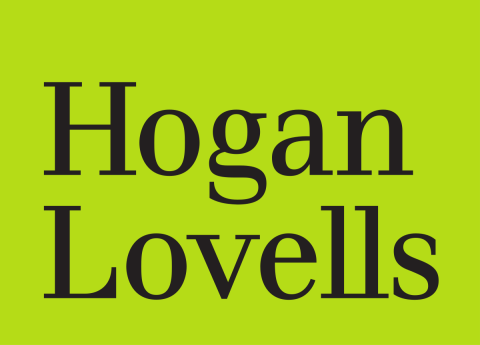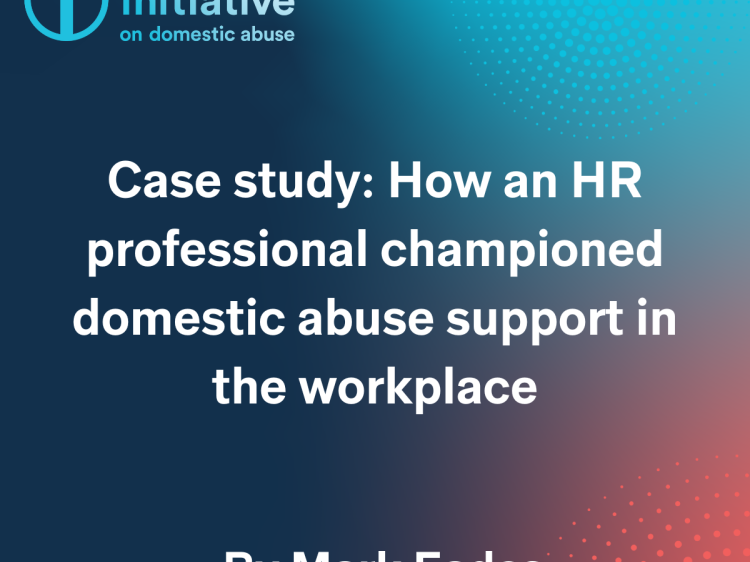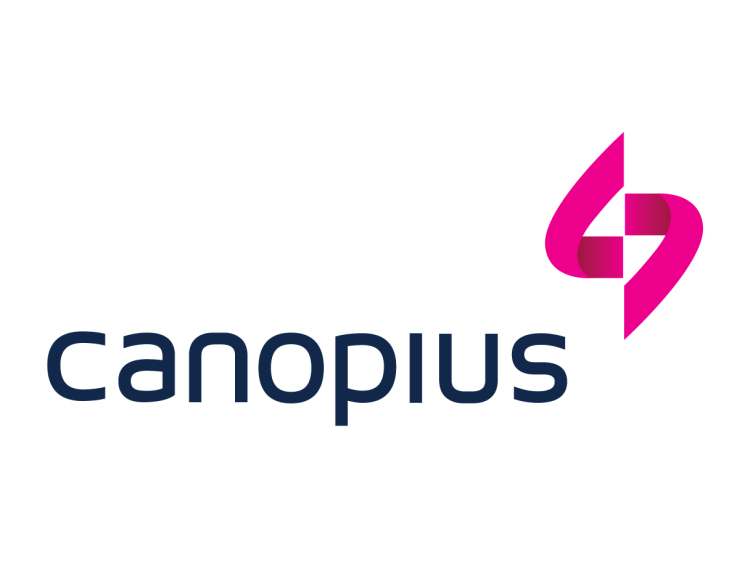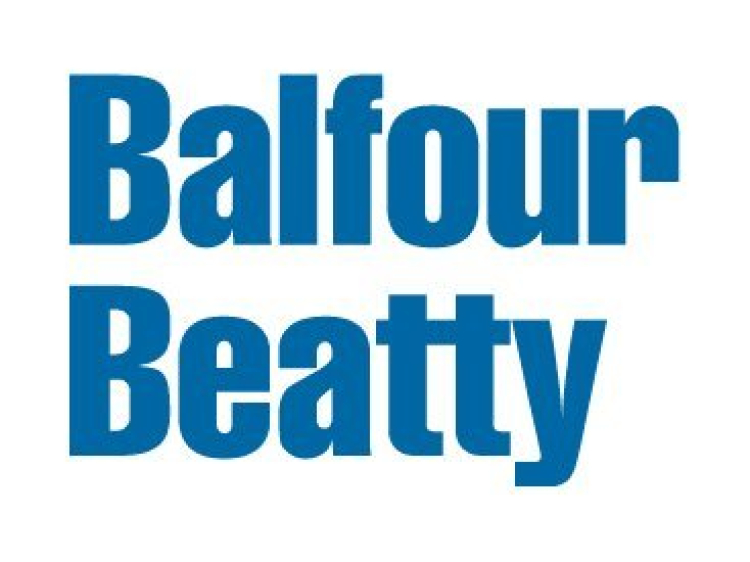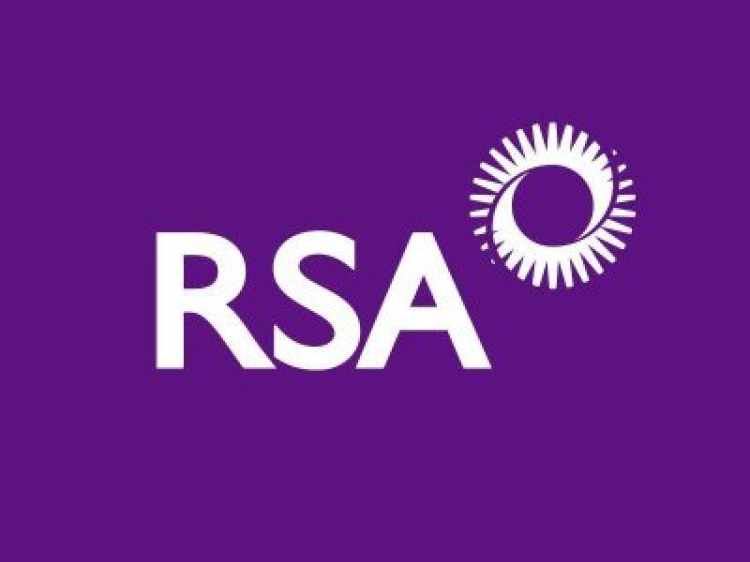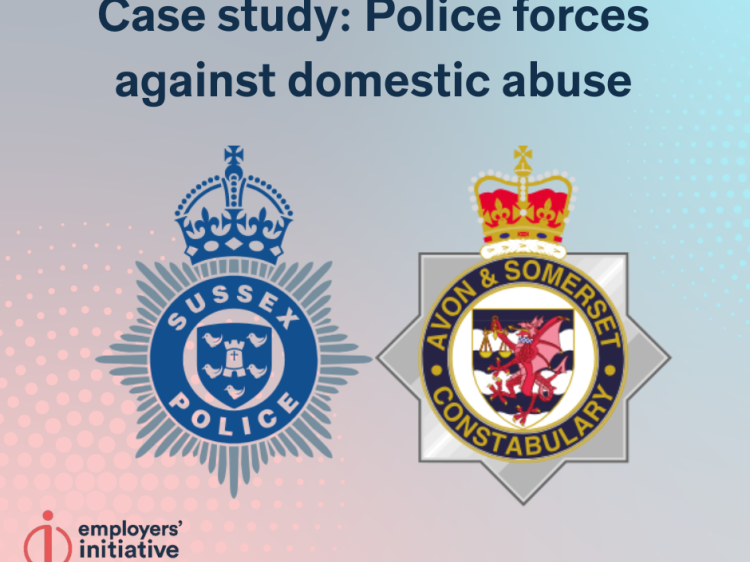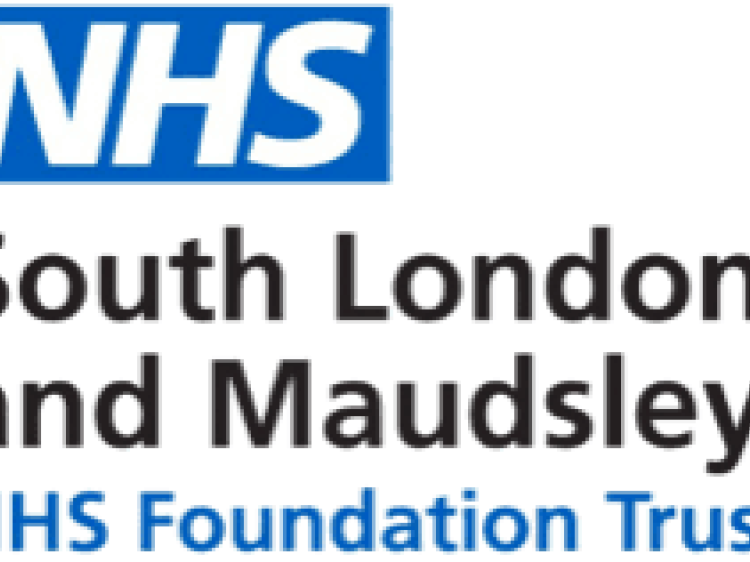Hogan Lovells are a leading global law firm with nearly 7,500 employees. All lawyers at Hogan Lovells are required to provide at least 25 hours of pro-bono legal support per year. In the UK, domestic abuse is one of their key focus areas, in addition to human trafficking and modern slavery.
Specifically, Hogan Lovells provide end-to-end representation to victim-survivors who apply for urgent protective injunctions; they work with the Criminal Injuries Compensation Authority, help victim-survivors find routes back into employment after escaping abuse; and assist with coroners’ inquests in partnership with Advocacy After Fatal Domestic Abuse (AAFDA). They are also part of the Domestic Abuse Response Alliance (DARA) alongside 20 other London city-based law firms that provide pro-bono legal support to those impacted by domestic abuse.
Through their free legal support, Hogan Lovells’ lawyers have made life-saving impacts for victim-survivors worldwide. One such example is an individual impacted by child sexual abuse, who won their case with the help of Hogan Lovells and later built a successful career as a charity CEO. They have also opened an office café in partnership with Luminary Bakery, which helps women affected by domestic abuse back into employment.
Hogan Lovells are an EIDA Beacon member and has provided legal advice in relation to a range of EIDA resources, including guidance on handling domestic abuse disclosures, and collecting and storing sensitive domestic abuse data in workplace systems, as well as the annual legal review of Sharon’s Policy, a template domestic abuse policy created in collaboration with EIDA Ambassador, Sharon Livermore MBE. You can read more about their pro-bono work here.
Insights for employers:
- Consider how your organisation is uniquely placed to generate impact in your community. Volunteering and fundraising days for employees are one of the many ways to raise awareness and leave a positive footprint.
- Having an effective internal domestic abuse response is imperative before expanding your organisation’s reach into the wider community. If your employees offer direct assistance to victim-survivors of domestic abuse, ensure there is help and support for them to do this in a safe and effective way, including access to training and an employee assistance programme or counselling.
- External initiatives and being involved in the wider community help spur a virtuous circle of awareness raising and education that also keeps domestic abuse on your organisation’s internal agenda.

